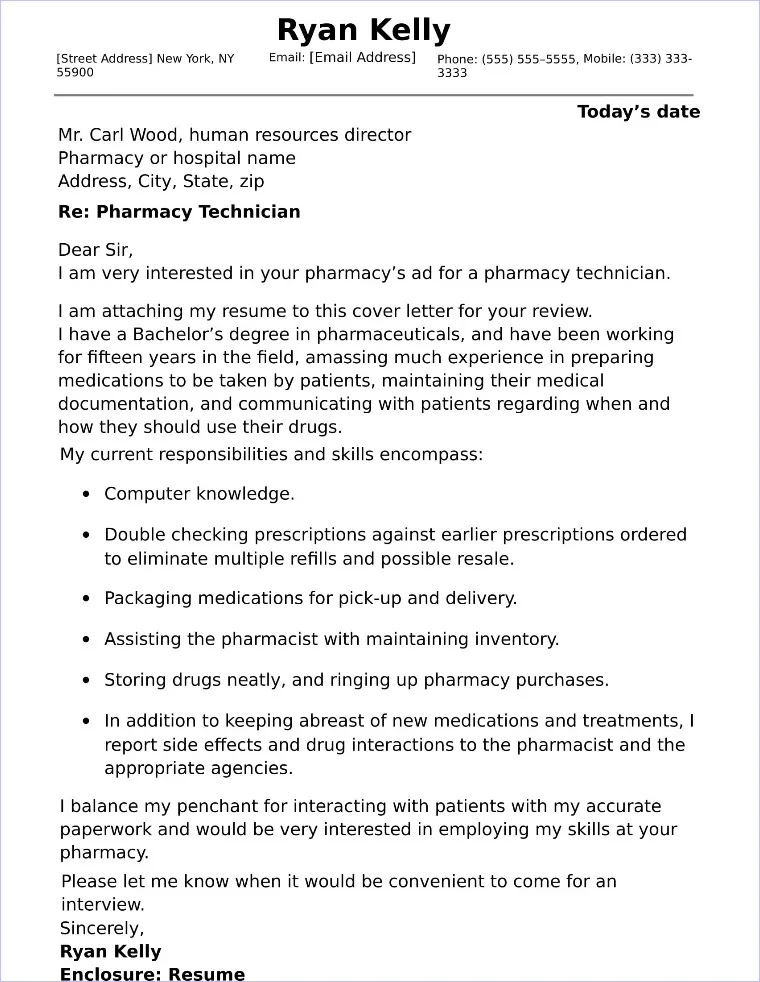Why You Should Always Send a Cover Letter
In the competitive landscape of job applications, the question of whether to send a cover letter often arises. While some may consider it optional, the truth is that a well-crafted cover letter can significantly boost your chances of landing an interview. It offers a unique opportunity to present yourself beyond the constraints of your resume, showcasing your personality, enthusiasm, and specific qualifications for the role. This article delves into the top reasons why you should always send a cover letter, exploring its importance in the hiring process and how it can set you apart from other applicants. From demonstrating genuine interest to expanding on your resume, a cover letter is a vital tool for job seekers aiming to make a lasting impression. Don’t underestimate the power of a cover letter; it’s your chance to make a compelling case for why you are the perfect fit for the job.
It Shows Genuine Interest
One of the most compelling reasons to always send a cover letter is that it demonstrates your genuine interest in the specific job and the company. A generic resume can be sent to numerous positions, but a cover letter allows you to tailor your application, showing that you’ve taken the time to research the company and understand the role. This proactive approach communicates to the hiring manager that you are genuinely interested in the opportunity and invested in making a positive contribution. By referencing specific aspects of the job description and highlighting how your skills align with the company’s values, you establish yourself as a serious candidate. This personalized approach signals that you are not just looking for any job, but the right job, making a strong first impression and significantly increasing the likelihood of your application being considered.
Tailoring to the Job
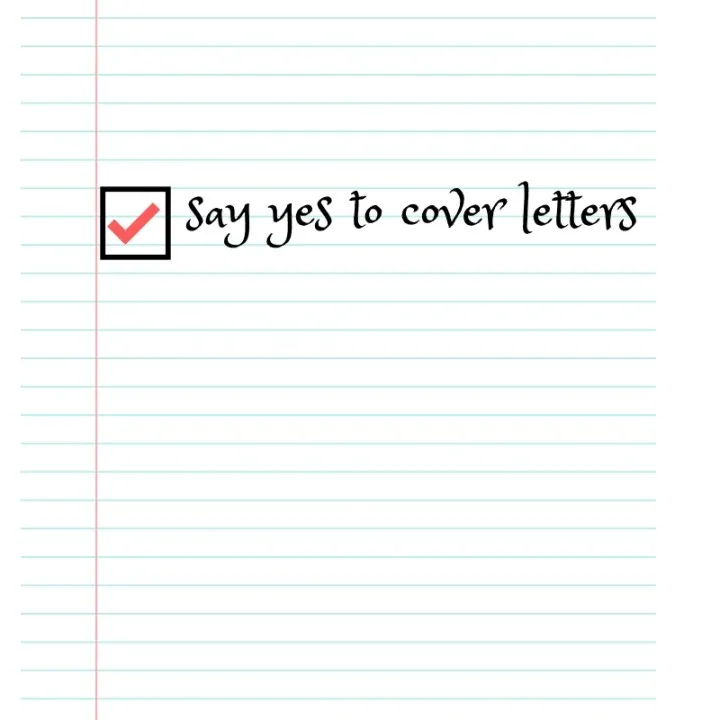
A cover letter provides a crucial platform to tailor your application to the specific requirements of the job. While your resume offers a comprehensive overview of your experience and qualifications, a cover letter allows you to highlight the most relevant aspects of your background in relation to the position. You can directly address the key skills and experiences mentioned in the job description, demonstrating how your qualifications align with the employer’s needs. This targeted approach ensures that the hiring manager immediately sees your potential fit for the role. Tailoring your cover letter also allows you to explain any gaps in your resume or address specific concerns that the employer might have, further strengthening your application. This level of customization shows that you understand the job requirements and are prepared to meet the challenges of the position.
Expanding on Your Resume
Your resume provides a factual account of your professional history, but a cover letter enables you to expand on your accomplishments and provide context. This is an opportunity to elaborate on specific projects, experiences, and skills, offering a narrative that brings your qualifications to life. You can use the cover letter to explain the “why” behind your career choices, highlighting the motivations and experiences that have shaped your professional journey. This narrative adds depth to your application, allowing the hiring manager to better understand your capabilities and potential. By providing additional context and insights, you can showcase your unique value proposition and set yourself apart from other candidates. Think of the cover letter as your chance to tell your story, making your application more memorable and impactful.
Highlighting Relevant Skills
A cover letter allows you to strategically highlight the specific skills and experiences that are most relevant to the job. While your resume lists your qualifications, the cover letter gives you a space to elaborate on these skills, providing specific examples of how you’ve applied them in past roles. You can use the cover letter to showcase your problem-solving abilities, leadership skills, and any other competencies that align with the job requirements. By providing concrete examples of your achievements, you demonstrate your ability to perform the essential duties of the position. This targeted approach helps the hiring manager quickly assess your suitability for the role, making your application more compelling and increasing your chances of getting an interview. Highlighting relevant skills in your cover letter is a powerful way to reinforce your qualifications and make a strong case for your candidacy.
Demonstrating Your Personality
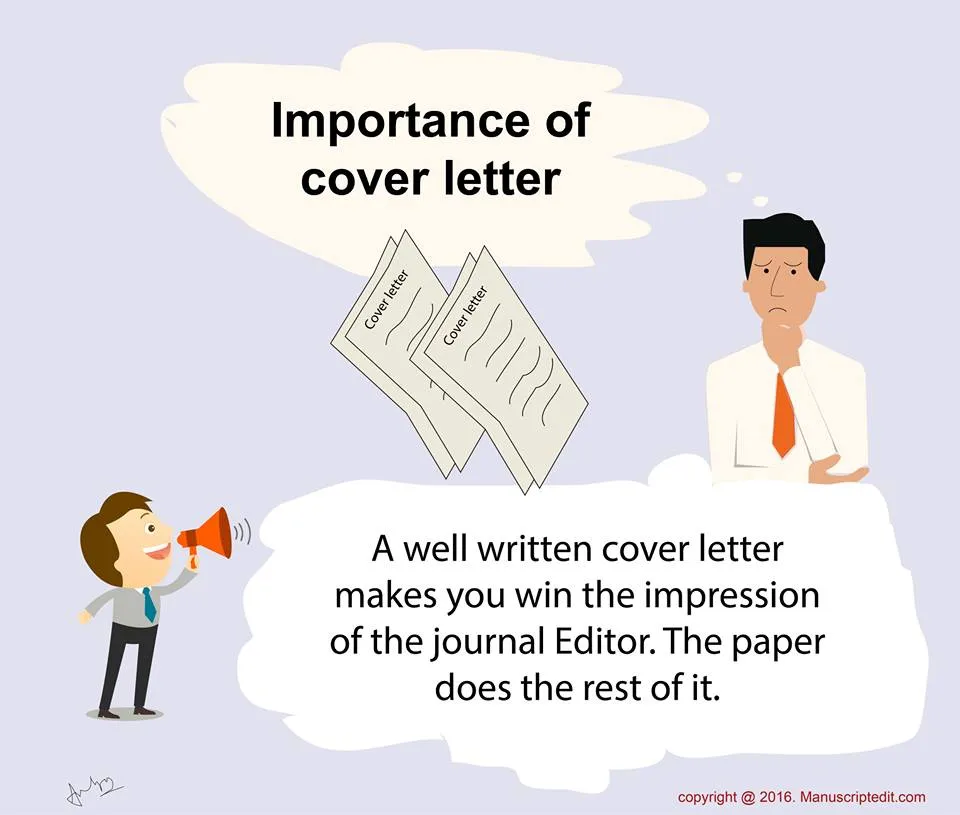
A cover letter allows you to inject your personality into your application, helping the hiring manager get a sense of who you are beyond your professional experience. Your resume is a formal document, but your cover letter provides an opportunity to showcase your writing style, enthusiasm, and communication skills. This is your chance to convey your passion for the job and the company, making a personal connection with the reader. By demonstrating your personality, you help the hiring manager envision you as a member of the team, which can be a crucial factor in the hiring decision. A well-written cover letter can make you more memorable and increase your chances of being invited for an interview. Use your cover letter to create a positive impression and highlight your unique qualities.
When a Cover Letter is Optional
While the benefits of a cover letter are numerous, there are specific situations where sending one might be considered optional. However, it’s crucial to approach these situations with caution and evaluate them on a case-by-case basis. Even when a cover letter isn’t explicitly required, it often remains a valuable tool. One instance where a cover letter might be considered optional is when applying through online application systems that specifically state that a cover letter is not needed. However, in these situations, it’s still wise to include a brief, tailored cover letter if the system allows for an attached document. This shows initiative and dedication.
When a Cover Letter is Mandatory
There are situations where a cover letter is not just recommended but explicitly mandatory. Failure to include a cover letter in these instances can immediately disqualify your application. Pay close attention to the job posting and any specific instructions provided by the employer. If the posting specifically asks for a cover letter, not sending one demonstrates a lack of attention to detail and a disregard for instructions, which are red flags for many hiring managers. Always double-check the application requirements and include a well-crafted cover letter when it is requested. This demonstrates your professionalism, your ability to follow directions, and your interest in the role. Even if you’re applying through a system that doesn’t explicitly require it, a cover letter can often be attached, providing an added advantage.
Company Instructions
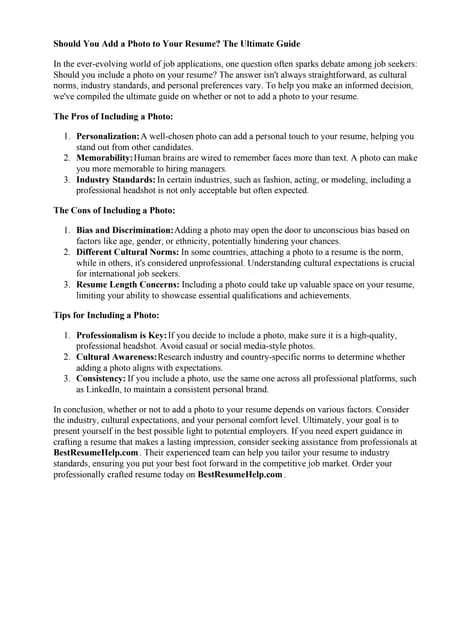
One of the most straightforward indicators of whether a cover letter is mandatory is the presence of specific instructions from the company. Many job postings will explicitly state whether a cover letter is required. These instructions should be followed meticulously. Companies often include such requirements to assess a candidate’s ability to follow directions and attention to detail. If a company states that a cover letter is required, not submitting one is a significant oversight. Pay close attention to the application guidelines and tailor your cover letter to the specific requirements mentioned in the posting. Sometimes, companies may provide detailed instructions about what they expect to see in a cover letter, so make sure to address these instructions to make your application stand out.
Industry Norms
Industry norms also play a role in determining whether a cover letter is essential. Certain industries, like those in the creative fields, often expect a cover letter as part of the application process. A cover letter is your opportunity to showcase your personality and enthusiasm. Research the industry and the specific company you’re applying to and try to determine the norms. If the industry standard is to submit a cover letter, it’s highly advisable to do so, even if the job posting doesn’t explicitly require it. Ignoring industry norms could make you appear out of touch with professional standards. Tailor your approach to the specific industry and the company’s culture to maximize your chances of a successful application.
Application Systems
The application system being used can also dictate whether a cover letter is required. Some applicant tracking systems (ATS) may not readily accommodate cover letters. In these situations, a cover letter might be considered optional, but that does not mean you should avoid it entirely. If the system allows you to upload supporting documents, always include a cover letter. If there is no separate space for a cover letter, consider integrating its key points into your resume or a concise summary section. However, if the system strictly limits the number of documents or the type of files you can submit, prioritize your resume and highlight the key information. Understanding the limitations of the application system is crucial to ensure your application reaches the hiring manager in the best possible format.
The Cover Letter’s Impact
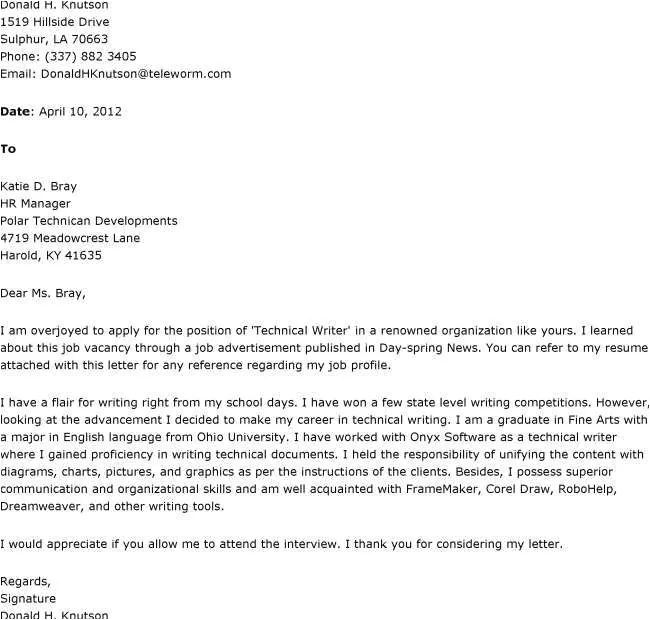
The impact of a well-crafted cover letter cannot be overstated. It can significantly improve your chances of securing an interview by showcasing your personality, your interest in the job, and your ability to explain your value. It allows you to market yourself and connect with the hiring manager. A cover letter can be the deciding factor when two candidates have similar qualifications. It’s your chance to demonstrate that you’re not just a good fit, but the best fit for the role. Invest time in writing a compelling cover letter. It’s an investment in your future.
Cover Letter as a Marketing Tool
Think of your cover letter as your personal marketing tool. It is designed to sell your skills and experience to the hiring manager, convincing them that you are the perfect candidate for the job. You can highlight your unique selling points, emphasizing your achievements, and demonstrating how you can contribute to the company’s success. Use a confident and persuasive tone. A marketing tool is not just about listing your qualifications; it’s about highlighting the value you bring to the company. By framing your skills and experience in terms of the benefits they offer to the employer, you can make your application more appealing and increase your chances of getting an interview. Use the cover letter to clearly explain why they should hire you.
Enhancing Your Application
Ultimately, the purpose of a cover letter is to enhance your job application and boost your chances of landing your dream job. It complements your resume by providing additional context, showcasing your personality, and demonstrating your genuine interest in the role. Even in situations where a cover letter is not explicitly required, it often provides an added advantage, setting you apart from other applicants. A well-written cover letter can be the deciding factor in getting an interview. Always take the time to tailor your cover letter to the specific job and company. By doing so, you increase your chances of making a positive impression on the hiring manager and getting the job.
